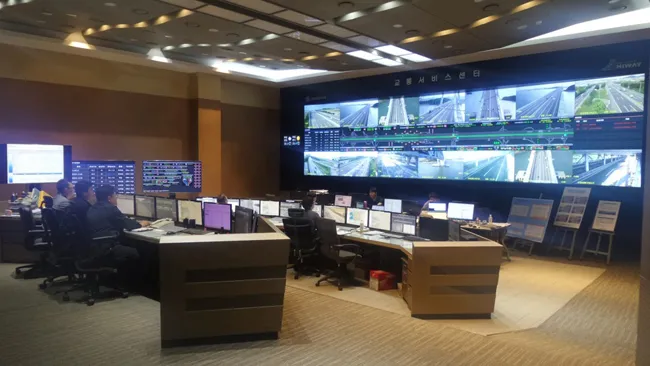A driver in Australia was stopped by police the day after he had consumed a large quantity of beer and found to be still two times over the limit for alcohol. Officers commented that the Melbourne resident was in fact lucky to be alive given the quantity of alcohol he had consumed.
February 19, 2014
Read time: 1 min
A driver in Australia was stopped by police the day after he had consumed a large quantity of beer and found to be still two times over the limit for alcohol. Officers commented that the Melbourne resident was in fact lucky to be alive given the quantity of alcohol he had consumed.








